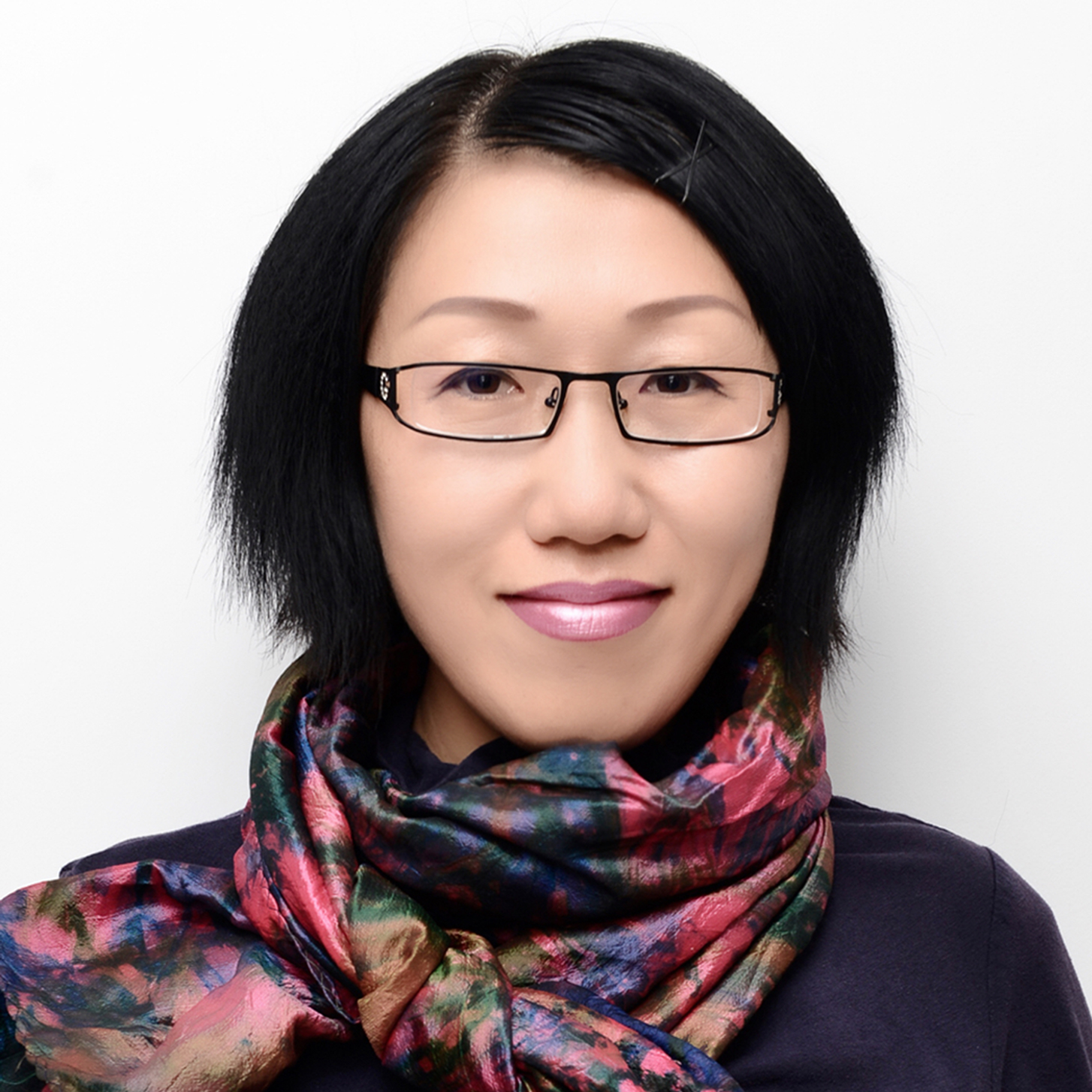
Speaker
Wang Hui
Time
2022.03.23 16:00-17:30
Abstract
Proactive health is important to realize the "health-centered" national strategy. Due to the challenges brought by deep aging and the blowout of chronic diseases, it is necessary to establish appropriate technologies for proactive health through digitalization and enhanced the promotion of "proactive health literacy" across population based on the traditional tertiary prevention.
Based on the previous scientific achievements from the key project of the Ministry of Science and Technology "Science and Technology solutions for Proactive Health and Aging - Big Data Cloud Platform for Individual Health Monitoring", this presentation will be focused on the key technologies of proactive health, the construction and application scenarios of the proactive health index model (Φ index), and the remodeling of chronic diseases prevention and control model based on the intelligent applications of big data.
Bio
Dr. Hui Wang, Distinguished Professor and Doctoral Supervisor of Shanghai Jiao Tong University; Dean of the School of Public Health, Shanghai Jiao Tong University School of Medicine; Executive Vice President of the Academy of Digital Medicine, Shanghai Jiao Tong University; Chinese Director of the Center for Single-Cell Omics in Aging and Disease, Shanghai Jiao Tong University School of Medicine. She was the Recipient of the National Natural Science Foundation of China for Distinguished Young Scientist; National Candidate of Millions of Talent Projects; Winner of Chinese Young Female Scientist Award; State Council Expert for Special Allowance; Hundred-Talent Program (Chinese Academy of Sciences); Chief Scientist of the Key Project of the Ministry of Science and Technology " Science and Technology solutions for Proactive Health and Aging - Big Data Cloud Platform for Individual Health Monitoring". She has published more than 160 SCI archived papers in well-known journals such as Nature, JAMA, Nature Genetics, Lancet Digit Health, Lancet Psychiatry, and Gut; edited 6 monographs; applied for 45 patents with 23 authorized; transformed 7 scientific and technological achievements; established 8 national and industry standards and obtained 2 registered computer software copyrights.
